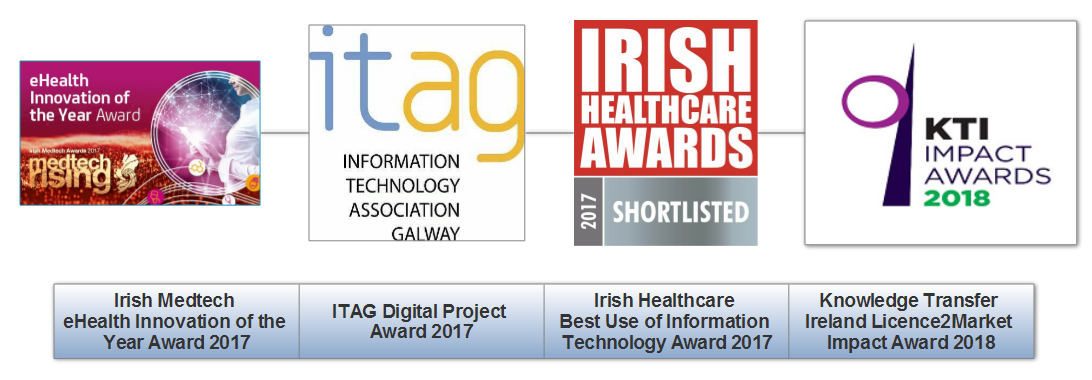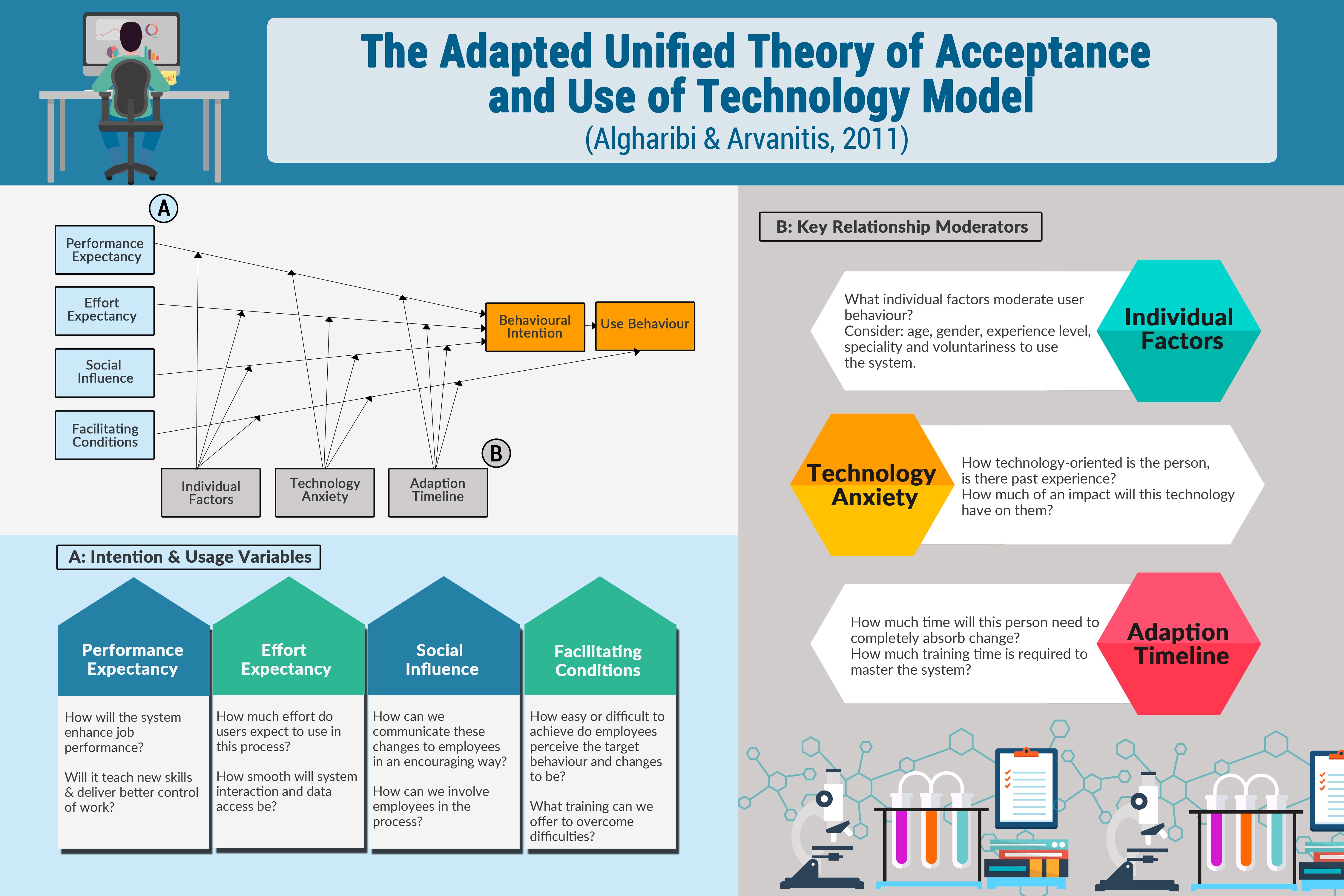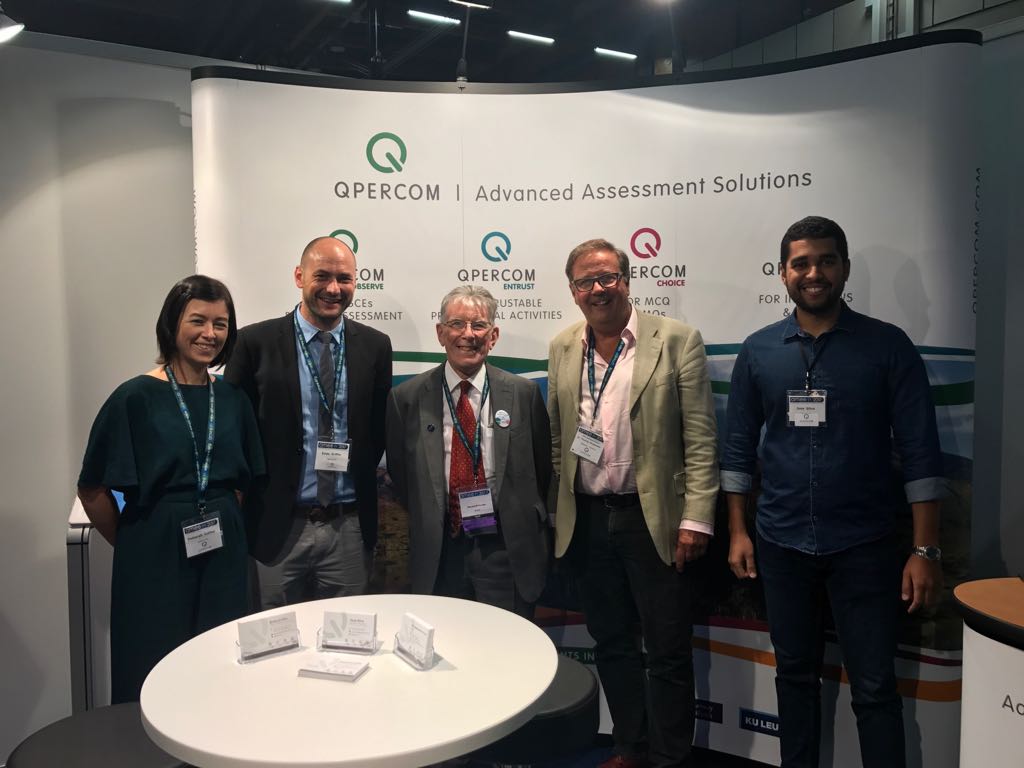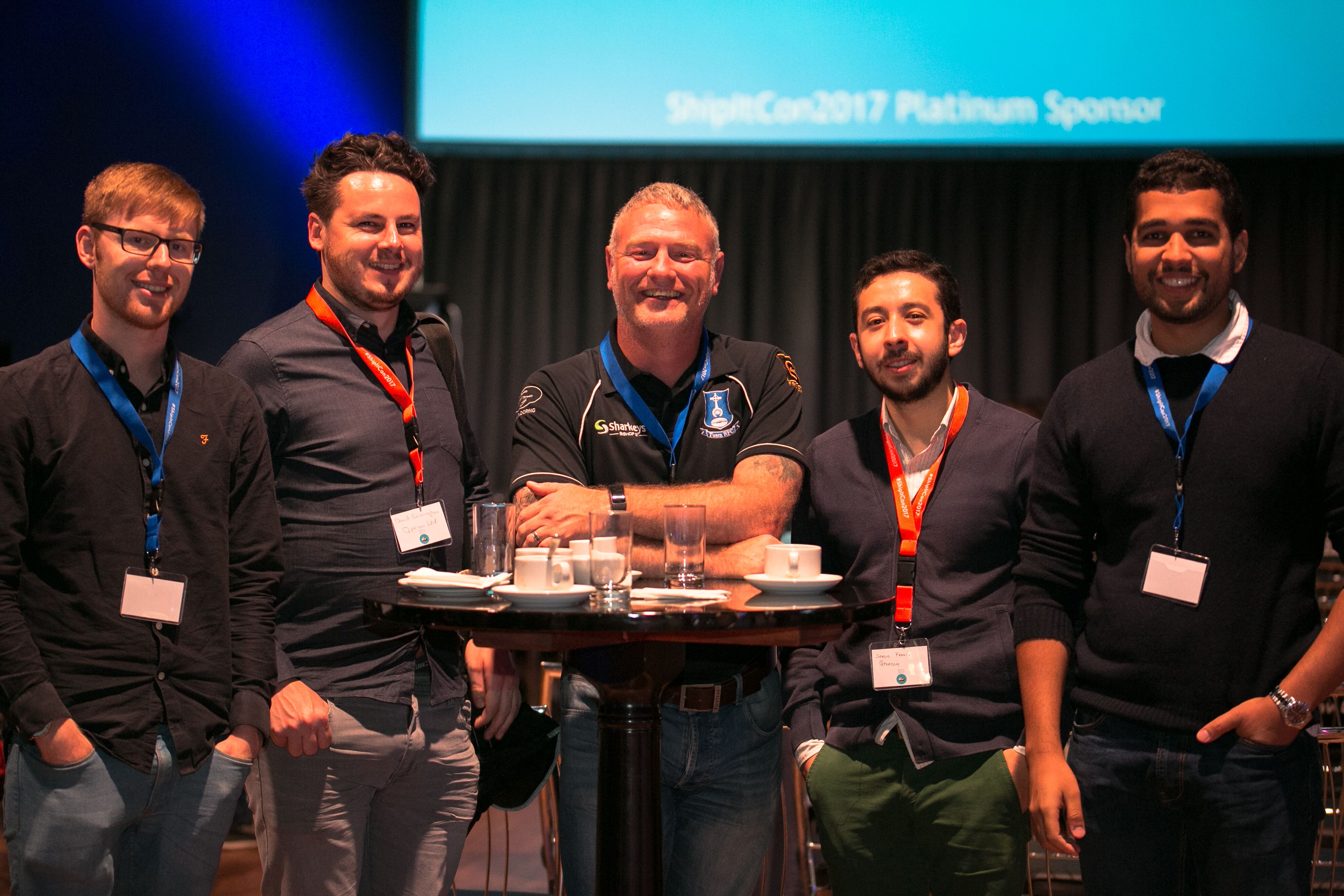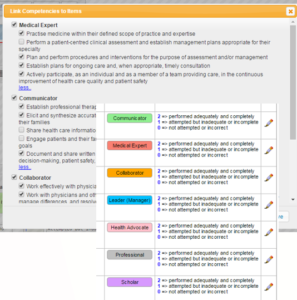Memory allocation is the process of reserving complete or partial space (physically or virtual) on the computer to execute an application. The management of memory on a program if not handled in the right way can make the application slow or even stop working, and one of the reasons for that to happen is known in computer science as Memory Leak.
Memory leak occurs when the application allocates spaces in memory and does not releases it after it is used, then the application ends up running out of memory and crashing.
Read More
Topics:
software development,
javascript,
programming,
computer science,
web development
The General Data Protection Regulation (GDPR) coming into force in Europe on 25th May this year is a great opportunity to open new conversations on data security.
To illustrate our approach to data security, we put together the infographic below to outline:
what we do with data, what we do with our client's permission, and what we never do with data.
Read More
Topics:
eAssessment,
software development,
datasecurity,
dataprotection,
dataprocessing,
datacontrollers,
dataprivacy,
digitalprivacy,
datagovernance,
GDPR2018,
personaldata,
digitalscoring,
datacompliance,
dataencryption,
databackup
We are delighted to announce a medical education project by Qpercom and the College of Anaesthetists of Ireland (CAI) has been shortlisted for a total of four industry awards in 2017 and 2018. The aim of the project was to design a technological framework to support implementation of a competency-based training and assessment system for post-graduate training within the CAI. The outcome was a Data Management System for Entrustable Professional Activities (EPAs), with a mobile application for recording feedback in the clinical workplace.
Read More
Topics:
New technology,
eAssessment,
software development,
competency based assessment,
EPAs,
entrustable professional activities,
curriculum mapping,
industryaward,,
competency based education
Adopting new technologies requires a cultural shift. These shifts do not happen overnight; they take time, for users to experience a learning curve and gain confidence in the new system. Technology use may be inevitable, but it should be managed nonetheless. Research relating to the theory of technology acceptance is ongoing and inconclusive. It refers to concepts in consumer behaviour, the diffusion of innovations, psychology and many more. With more literature available on why and less on how to, we put together an infographic to assist organisations to plan for and encourage technology acceptance.
Read More
Topics:
New technology,
eAssessment,
technology resistance,,
technology acceptance,,
theory of technology acceptance
Dissemination of research findings often takes a long time. However, we are very pleased our research was noticed and published in Ronald Harden's 'Definitive Guide to the OSCE', an important book for those working in the field of medical education (page 147 (ISBN: 978-0-7020-5550-8)).
Read More
Topics:
eAssessment,
clinical assessment,
osces,
objective structured clinical examinations,
medical education research,
communication skills,
medical education,
ronald harden
The most typical place you will find a software developer on a normal day is at their desk, working hard and turning coffee into code. Its important to remember to get out of the office and add variety to our work environment. It brings new ideas, learnings and shared experiences that will ultimately bring a team closer. Last year we visited ng-europe and this year our conference of choice was ShipItCon.
Read More
Topics:
upskilling,
shipitcon,
continuous integration,
continuous learning,
software engineer,
tech skills,
tech conferences,
software developer
In her diary published in 1947, Annelies Marie Frank remarked; paper is patient. It doesn’t hurry, judge, or criticise. In the world of assessment, rounds of exams and corrections generate thousands of paper forms. Paper may be readily available but it introduces a range of potential errors, draining time and financial resources. Introducing efficiencies and new learning tools can seem like a means of simply taking up more time. In reality, eassessment, emarking and digital scoring technologies significantly increase reliability and validity. In Marketing, the Diffusion of Innovation was developed to illustrate how ideas and new technologies spread in societies. The two most innovative categories are the quickest to adopt a new idea, and represent only 16% of the population collectively. How do we help the remaining 84% to adopt new technologies in a similar time frame?
Read More
Topics:
New technology,
eAssessment,
technology resistance,
When Qpercom developed it's unique Observational Management Information System (formerly OMIS, now Observe) in 2007, it very much used a ‘bottom up’ procedure. This is analogous to how module coordinators and exam administrators developed their assessment stations according to the so called ‘check list approach’. This approach is very much focused on ticking the boxes of an item list similar to the lower technology (paper) forms that were used in those days.
Read More
Topics:
eAssessment,
clinical assessment,
competency based assessment,
evidence based training,
curriculum mapping,
competency frameworks,
qpercom observe feature,
competency management system,
qpercom observe,
osces
Qpercom.
For some, it does not roll off the tongue upon first hearing it. We have received many a phone call in the office for 'Qwerpercom'. To set the record straight, here’s how it goes:
Read More
Topics:
eAssessment,
software development,
clinical assessment,
competency based assessment,
evidence based training,
branding,
quality performance competency,
EPAs,
entrustable professional activities
On Friday, 26th February 2016, Qpercom participated successfully in the National University of Ireland, Galway (NUIG) School of Medicine’s multi-site Year 4 Objective Structured Clinical Examination (OSCE). New from the previous year’s OSCE was the opening of the Clinical Skills Suites at Sligo General Hospital Medical Academy.
Read More
Topics:
eAssessment,
clinical assessment,
osces,
osce setup,
student feedback,
multi-examiner assessment,
electronic assessment,
objective structured clinical examinations,
eosces,
digital scoring technology



